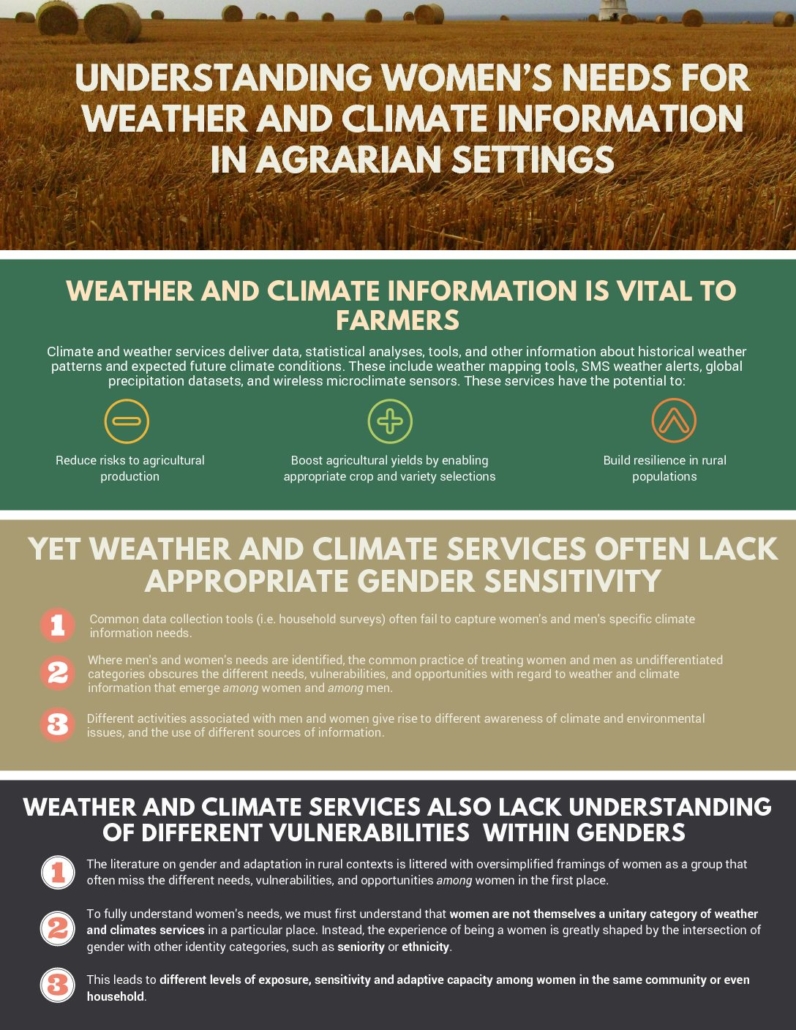
Militarism depends on the gender binary for legitimating its own necessity through realpolitik discourse in the public sphere and for recruiting and disciplining personnel to serve in national militaries.

It is a narrative device that is essential to the discourse of militarism, the way that the military is conceptualised by and for itself and which defines the larger military consciousness.

For instance It has been linked to the constructed political binary between east and west in the discourse of Orientalism, has been argued as helping maintain the often quite artificial media distinctions between “front” and “home” in representations of war, and even the concept of war and peace itself as it is talked about political and activist arenas, where war is the domain of “men” while peace is the domain of “women “(Saïd 138, Huppauf 63, Cooke 15). This essential gender binary logic has been linked to a host of other political binaries by scholars and is for feminists an essential structuring tenet of violence. The masculine ideal in the logic of this discourse is a patriotic “citizen protector”, they are active “real” men (or masculinized subjects) who find a sexual inverse in the passive “real” woman (or feminised subject). They state that “women, in these discourses, at once become the victims and the causes of the war the Beautiful Soul/woman is expected to be against war and violence, but to cooperate with wars fought to protect her innocence and virginity” (3). They characterise this narrative as depending on a gendered binary between masculinized and feminized agents, with the masculine subject being the rightful protector of feminised “beautiful souls”.

In their book Beyond Mothers, Monsters, Whores: Thinking about Women’s Violence in Global Politics Caron Gentry and Laura Sjoberg talk about the grand narrative of violence that is articulated in relation to political or military violence.


 0 kommentar(er)
0 kommentar(er)
